Do we need an FAQ on New England soil?
claireplymouth z6b coastal MA
17 years ago
Related Stories
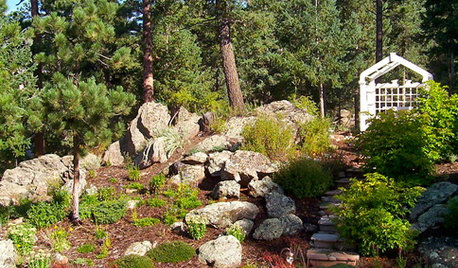
GARDENING GUIDESHave Acidic Soil in Your Yard? Learn to Love Gardening Anyway
Look to acid-loving plants, like conifers and rhododendrons, to help your low-pH garden thrive
Full Story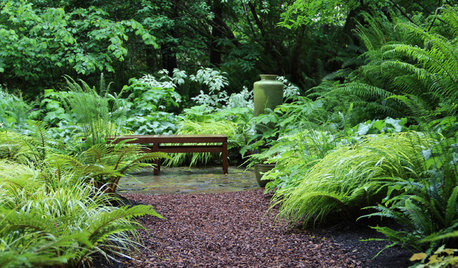
GARDENING GUIDES10 Solutions for Soggy Soil
If a too-wet garden is raining on your parade, try these water-loving plants and other ideas for handling all of that H2O
Full Story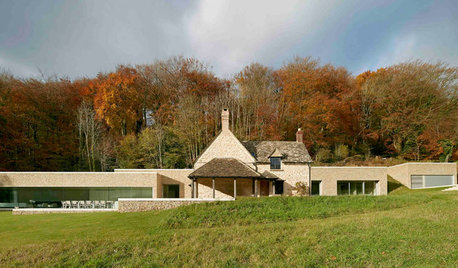
REMODELING GUIDESOld and New Make for a Jolly Good Mix in England
Give an 18th-century country cottage a contemporary addition, and what do you get? A surprisingly cohesive-looking home
Full Story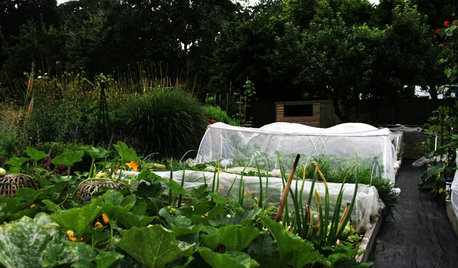
EDIBLE GARDENSFood and Community Thrive in a U.K. Allotment Garden
Get a peek at a rented garden plot in England where edibles and flowers mix and local residents can mingle
Full Story
FALL GARDENINGGreat Design Plant: Symphyotrichum Novae-Angliae Ushers in Fall
With bold purple flowers easily accessible to pollinators, New England aster offers loads of interest in the autumn garden
Full Story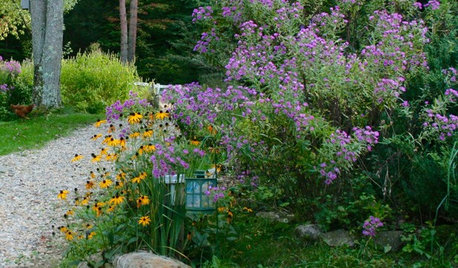
GARDENING GUIDESTop 10 Native Plants for the Northeast
For a low-maintenance, wildlife-friendly landscape, use native plants adapted to the climate and range of soils in the Northeast
Full Story
GARDENING GUIDESGarden Myths to Debunk as You Dig This Fall and Rest Over Winter
Termites hate wood mulch, don’t amend soil for trees, avoid gravel in planters — and more nuggets of garden wisdom
Full Story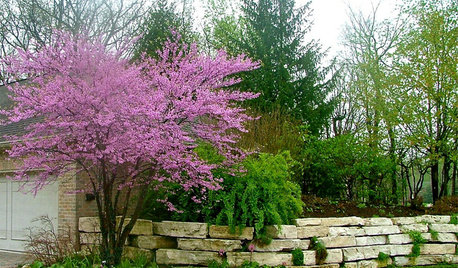
GARDENING GUIDES10 Top Mid-Atlantic Native Plants
Enjoy a four-season garden in the mid-Atlantic region with plants that will stand up to weather shifts, clay soil and the occasional deer
Full Story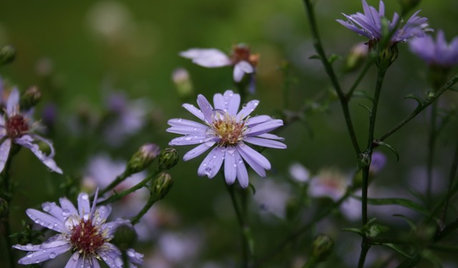
FLOWERS6 Overlooked Asters for Tough Spots
Whether your garden has baking sun or dry dense shade, boggy soil or sandy gravel, there's an aster for that
Full Story
DECORATING GUIDESImprove Your Style Fortune With Lucky Bamboo
Serve this versatile plant straight up or with a twist for auspicious living decor that thrives without soil
Full Story





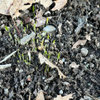
crnaskater
mad_gallica (z5 Eastern NY)
Related Professionals
Southfield Landscape Architects & Landscape Designers · Downey Landscape Contractors · East Chicago Landscape Contractors · Fort Mill Landscape Contractors · La Verne Landscape Contractors · Midland Landscape Contractors · Pahrump Landscape Contractors · Palm Beach Gardens Landscape Contractors · Panama City Beach Landscape Contractors · Pueblo West Landscape Contractors · Salem Landscape Contractors · West Haverstraw Landscape Contractors · Kingsburg Landscape Contractors · Aberdeen Decks, Patios & Outdoor Enclosures · Huntington Decks, Patios & Outdoor Enclosuresclaireplymouth z6b coastal MAOriginal Author
crnaskater
claireplymouth z6b coastal MAOriginal Author
lise_b
mad_gallica (z5 Eastern NY)
claireplymouth z6b coastal MAOriginal Author
crnaskater
claireplymouth z6b coastal MAOriginal Author
byron
narcnh
claireplymouth z6b coastal MAOriginal Author
crnaskater
mad_gallica (z5 Eastern NY)
narcnh
claireplymouth z6b coastal MAOriginal Author
crnaskater
claireplymouth z6b coastal MAOriginal Author
crnaskater
claireplymouth z6b coastal MAOriginal Author
claireplymouth z6b coastal MAOriginal Author
crnaskater
narcnh
claireplymouth z6b coastal MAOriginal Author
narcnh
claireplymouth z6b coastal MAOriginal Author
claireplymouth z6b coastal MAOriginal Author
jim_g_ma